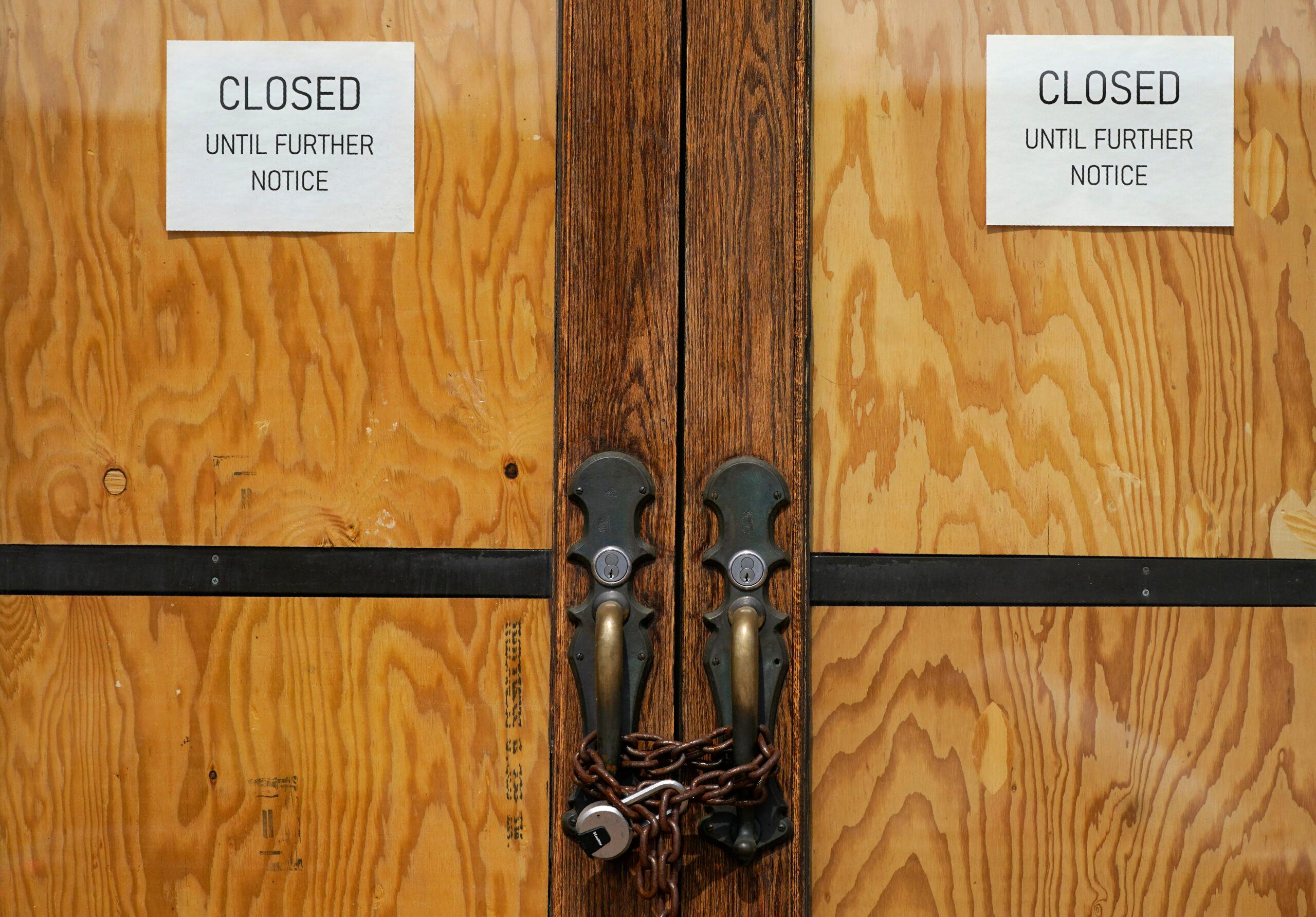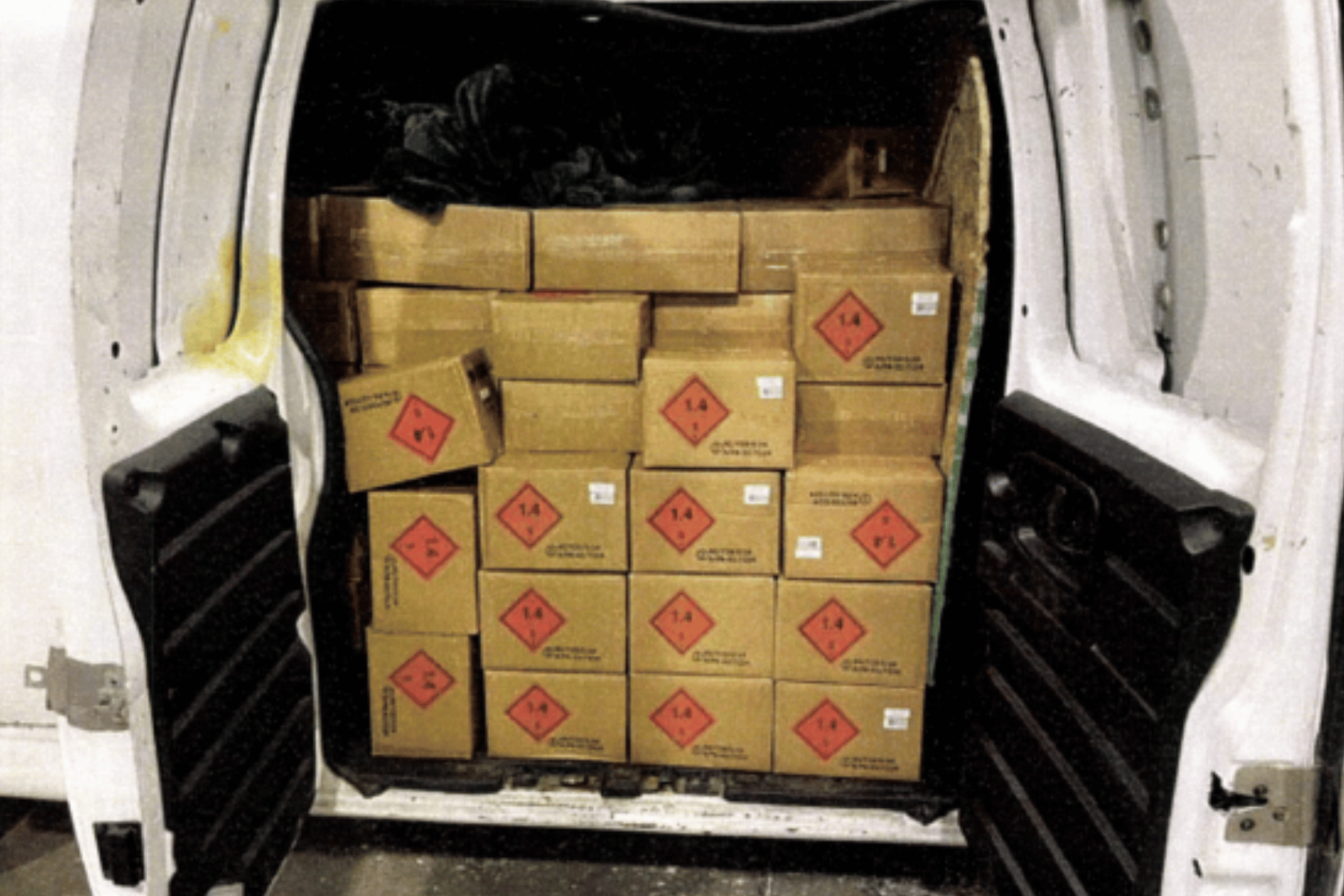
Victor Uruchurtu moved to the U.S. from Mexico 12 years ago. He started his own disaster restoration business in Denver for homes with flood damage.
He came close to shutting down when the pandemic hit.
“It was pretty pretty intense,” Uruchurtu said.
The large companies that contract with him fell behind on payments – and homeowners were reluctant to let his crew inside.
“All of that together is like the perfect storm,” Uruchurtu said. “You cannot get more jobs — not because the jobs are not there, but because the homeowners don’t want you in their homes.”
Eventually, Uruchurtu was able to get $15,000 in federal aid to keep his business afloat. But it wasn’t easy. When he approached bankers at Wells Fargo and Chase, the money had already run out.
“That was a really tough pill to swallow,” he said.
He ended up going to a smaller firm to get the loan.
Uruchurtu is among thousands of Colorado business owners who accessed the Payroll Protection Program, the centerpiece of the government’s effort to help small businesses hurt by the pandemic. The program supplies loans that are forgiven if they are used for payroll and other business expenses.
The stimulus bill passed by Congress last month revived the program, which ended over the summer. Changes to the second round aim to address some of the hurdles that faced minority business owners when the program was introduced last year.
According to data analyzed by the Associated Press, minority businesses often didn’t get relief until the final weeks of the program, while many more white business owners got loans in the early weeks.
While the program has so far meted out $525 billion in loans across the U.S., including more than $10 billion in Colorado, the initial rollout was rocky. Large banks were criticized for prioritizing their larger clients. Public companies and Wall Street firms with easy access to lawyers and accountants got loans for millions of dollars, while many of the neediest borrowers missed out.
“Thinking back to last year, it was kind of the Wild West when all of this was getting rolled out,” said Hunter Railey, the Colorado director of the Small Business Majority, an advocacy and education group.
The program officially relaunched this week. Changes include $35 billion set aside for businesses that didn’t borrow last time, and $30 billion is for lenders that serve poor and rural communities. Cash is also set aside for companies with fewer than 10 employees. Lenders that cater to economically disadvantaged communities were given a head start on applying for the money earlier this week.
The government put in more guardrails about who qualifies for the loan, and unlike last time, businesses must prove they actually lost income due to the pandemic.
The changes will help, Railey said, but it still might not be enough to get the money to where it’s needed most — particularly minority communities and low-income areas that just don’t have a lot of banks.
“The folks who weren't getting the loans did not have relationships with banking institutions, or they simply lacked a banking institution in their area that they could go to and get one of these loans,” Railey said.
There can be a language barrier for business owners who speak English as a second language, said Uruchurtu, who ended up hiring an accountant to help. It’s a complicated process. There are a lot of rules around how the money can be spent — and how that impacts what you might have to pay back.
Maria Gonzalez is the founder and CEO of Adelante Community Development. Her group does outreach and counseling for small business owners in the Latino community in Denver. People brought boxes of receipts to her office during the first round because they didn’t know what to do with them, or where they could get help, she said.
“I’m hoping that because of what we have learned, and because we have been speaking loud about access and resources, that this time will be a little bit different,” Gonzalez said.
Bill Airy is the owner of Lendio in Denver. His firm matches small business owners with lenders online. They’ve done a lot of work through the Payroll Protection Program, including Uruchurtu’s loan. One key change is the way fees will be paid to lenders, according to Airy. In this round, the government will pay banks a larger fee for making smaller loans — to make those loans more worth their time.
“Now lenders have an incentive to prioritize very small businesses and underserved businesses,” he said. “This is an important change that’s gonna help put money in the smallest businesses and the ones that are struggling the most.”
Disclaimer: Colorado Public Radio applied for and received assistance from the first Paycheck Protection Program during the coronavirus pandemic.









